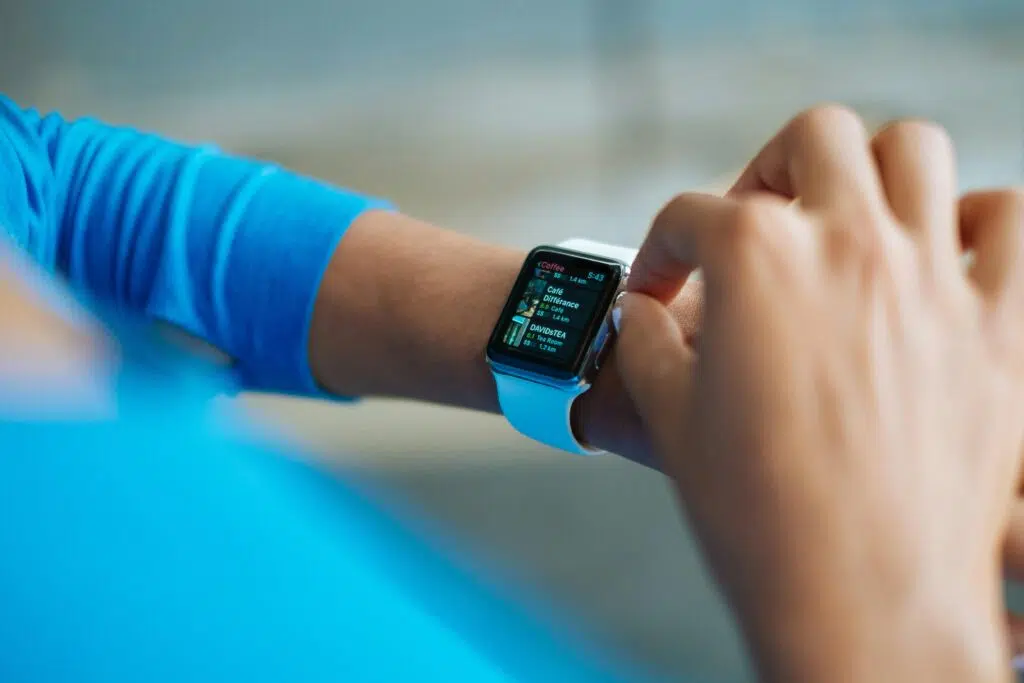Are your devices spying on you? The answer is yes, your devices have the capacity to know and share a lot of your personal information. Your user data is a goldmine of information and is often bought and sold by third parties. The rate at which we produce data is shocking, to say the least. According to Edge Delta’s research, the average person produces 1.7 MB per second or 6,120 MB per hour of data. Every time you share something on Instagram, watch a show on Netflix or browse the internet on your phone, you’re creating data. But that’s not all, any device that emits a signal has the ability to track you including your vehicle’s entertainment system, your smartwatch, your workout equipment, your Alexa, and so much more. If you aren’t taking necessary precautions, your devices are likely collecting your data and tracking your activity. Here are the biggest threats to your privacy and ways you can protect yourself.
1. Location Tracking

One of the most obvious ways that your devices are spying on you is by sharing your location. Some location services make sense, like map apps needing to know your location. However, it seems like just about every app wants permission to your location these days. There’s no reason why some apps need this access. Make sure to read the fine print when agreeing to location services or shut off permissions in your settings.
2. Installed Application Methods

Your Android may be snooping on you without your knowledge. Many developers use installed application methods or IAMs to see the data stored by other apps on your phone. Researchers explain that more than 50% of apps in the Google Play store use IAMs. IAMs are usually used for debugging purposes and can be useful, but this information on the apps we download can tip off developers about many invasive things about us. For iPhone users, the same is true but in general, Apple has stricter privacy control policies than Android.
3. Website Cookies

Many of us are aware that our browsing history is tracked by stored cookies. When you visit a new website, your data and activity on that site is stored and can be accessed by the website operator. Cookies are most often used for targeted advertising. Cookies allow for your login information, shopping carts, and searches to be stored. You can always opt out of cookies when you visit a new site.
4. Microphone and Camera Access

While your camera and microphone aren’t actively spying on you, they can be hacked. A red flag is if your camera light turns on when you’re not using it. Hackers can record you or listen in without your knowledge. The best way to protect yourself is to cover your camera when not in use, keep your anti-virus software up-to-date, and manage permissions to your camera with caution. One of the most notable cases of hacking involved Ring doorbells. The FTC settled a lawsuit this year with Ring “over charges the company allowed employees and contractors to access consumers’ private videos and failed to implement security protections, enabling hackers to take control of consumers’ accounts, cameras, and videos.”
5. Physical Security

Your devices are literally the keys to all your information. If you lose your smartwatch or cell phone, anyone could have access to this information. It may sound like common sense, but using a lock screen password, face ID, or touch ID on your devices could save you from trouble in the future. If you do lose your phone, you can use Find My Device if you have an Android or Find My iPhone for Apple users. You should also report your phone as stolen.
Protecting Your Information

In a world where privacy is never guaranteed, it’s important to protect yourself. The more data that you share, the more vulnerable you will be. While it may seem impossible to keep a low profile, you can limit the amount of data you share by managing permissions, using strong passwords, limiting cookies and data sharing, and always reading privacy agreements.